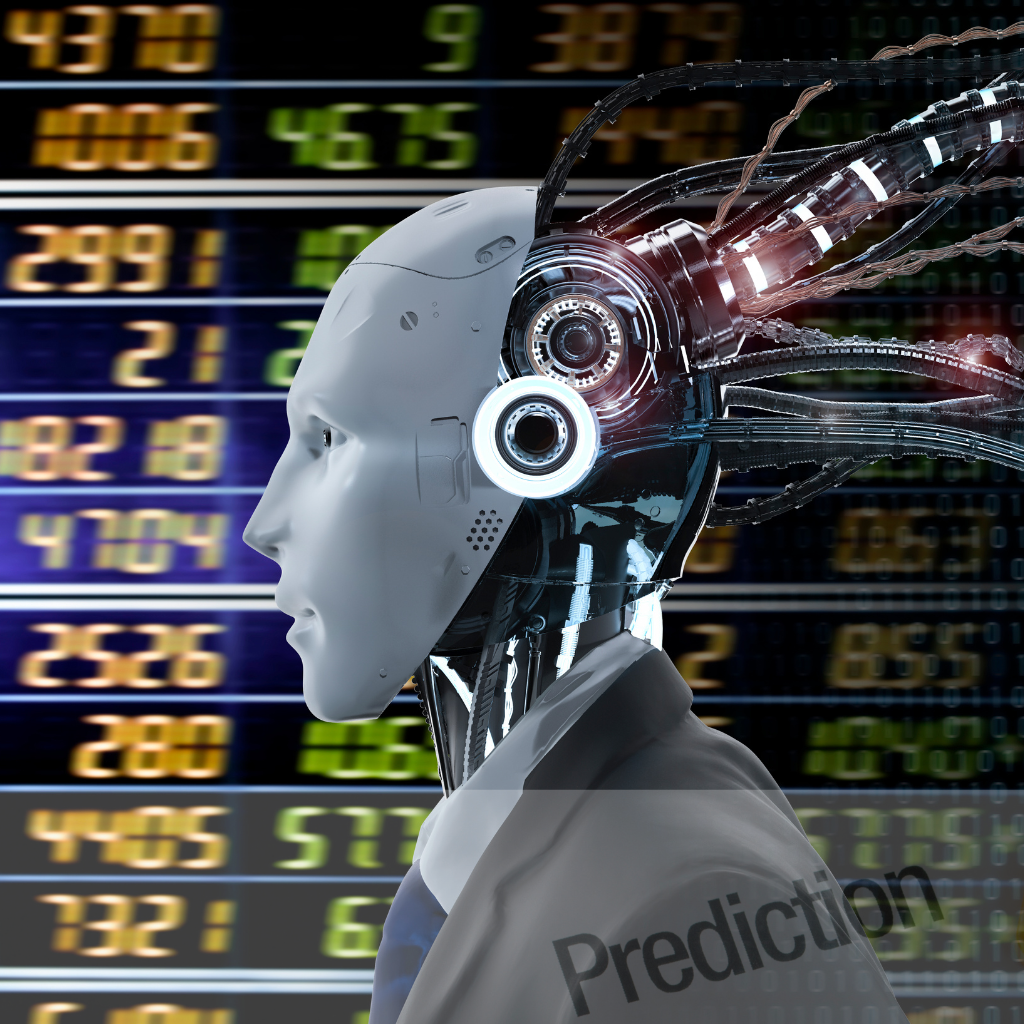AI Financial Prediction: Revolutionizing Investment Strategies and Market Analysis
GPT-4’s Superior Performance in Financial Prediction
Researchers from the University of Chicago conducted a study to test the predictive capabilities of GPT-4 in the context of financial analysis. The aim was to determine if GPT-4 could outperform human financial analysts in predicting company earnings. The results were compelling: GPT-4 achieved a 60% accuracy rate in its predictions, significantly higher than the 53% accuracy rate of human analysts. This suggests that GPT-4 is better at analyzing financial data.
Test Methodology and Limitations
In the study, GPT-4 was provided only with the financial statements of companies, without any extra information like company names or other context. This setup was intended to test how well the model could analyze raw financial data on its own. On the other hand, human analysts usually rely on a mix of data, their personal knowledge, and contextual information to make predictions. Even with this limitation, GPT-4 outperformed the human analysts, showing its strong ability to process and understand financial data.
Unbiased, Data-Focused Approach
One of the main reasons for GPT-4’s success is its ability to focus purely on data without being influenced by emotions or personal biases. Unlike human analysts, who can be affected by their feelings, preconceived notions, and limited attention spans, GPT-4 looks at information objectively. This impartial approach allows GPT-4 to make more consistent and reliable predictions. In financial analysis, where accuracy and unbiased interpretation of data are essential, this objectivity gives GPT-4 a significant advantage.
Generalized Model vs. Specialized Models
The study also showed that GPT-4’s general-purpose model could hold its own against the specialized machine learning models usually used by financial analysts. These specialized models are custom-built for specific tasks or industries and need a lot of expert knowledge and tweaking. But GPT-4’s flexibility and ability to grasp and analyze a broad range of information allow it to perform well in different fields, including finance. This adaptability makes GPT-4 a powerful tool that can handle various financial data and offer insights similar to those produced by expert-crafted models.
Democratization of Financial Information Processing
Researchers believe that GPT-4 could make financial analysis more accessible to everyone. Typically, financial analysis and investment decisions are made by experts with special training and exclusive tools. However, GPT-4 can quickly and accurately analyze large amounts of financial data, providing valuable insights to individual investors, small businesses, and others who might not have access to expert-level analysis. This means more people can make informed financial decisions, helping to level the playing field in the investment world.
Implications for Wall Street and Financial Analysts
The idea that AI might soon replace human analysts on Wall Street is becoming more realistic, especially since many human-run investment funds are already having a hard time beating the market. AI systems like GPT-4 can analyze data much faster and more accurately than humans, spotting patterns and trends that people might miss. This could lead to better and quicker investment decisions, giving those who use AI a competitive advantage in the financial world.
However, while this shift to AI-driven financial analysis offers big opportunities, it also brings up important questions about what will happen to human analysts. The use of AI in finance might change the skills that financial professionals need, making knowledge of AI and data science just as important as traditional financial expertise. In the end, this evolution could make financial markets more efficient and effective, benefiting more people overall.
In conclusion, the University of Chicago study underscores GPT-4’s potential to transform financial analysis. Its superior predictive accuracy, unbiased approach, and capacity to democratize financial information highlight its significance in the financial industry. As AI continues to advance, the role of human analysts may evolve, but the overall impact on financial markets and investment strategies promises to be profound and far-reaching.




